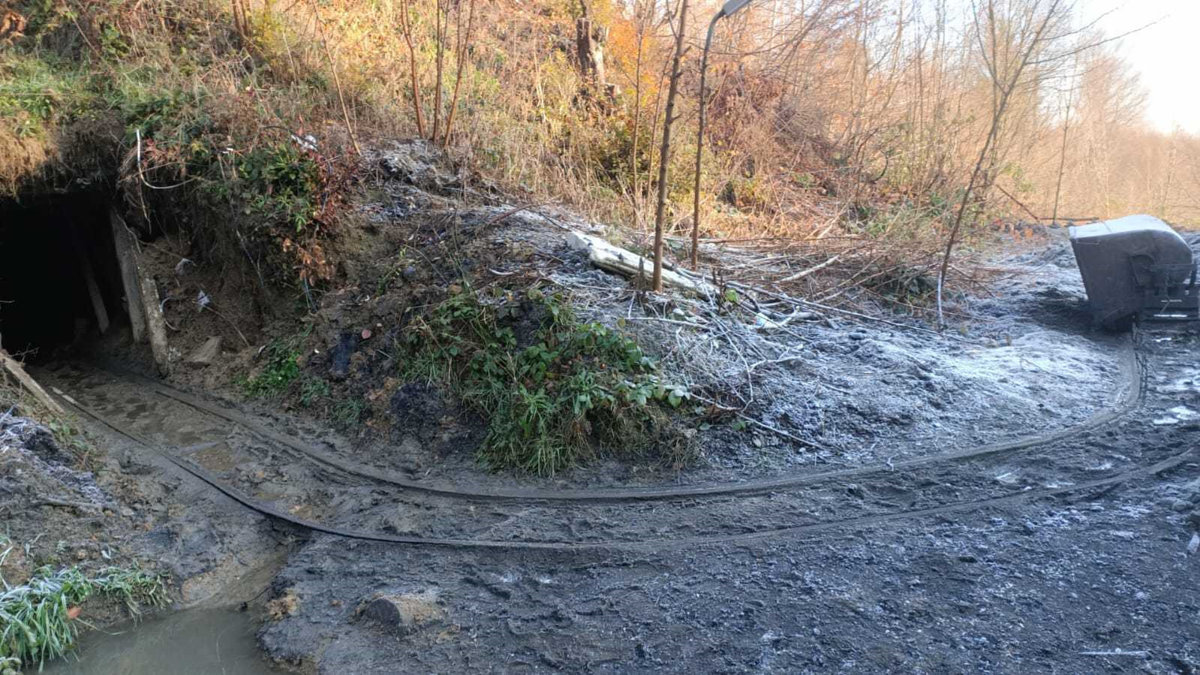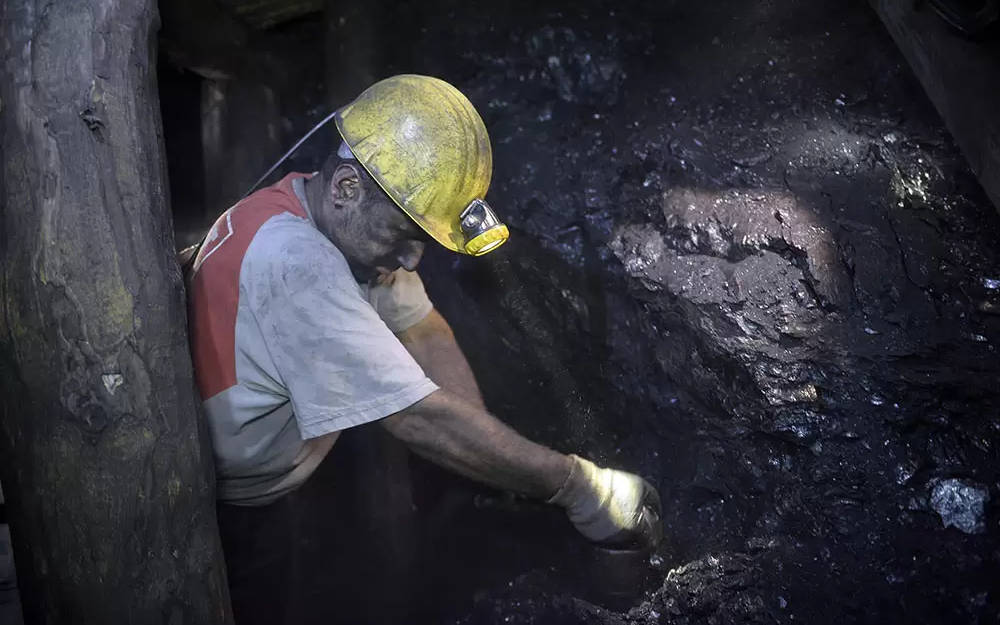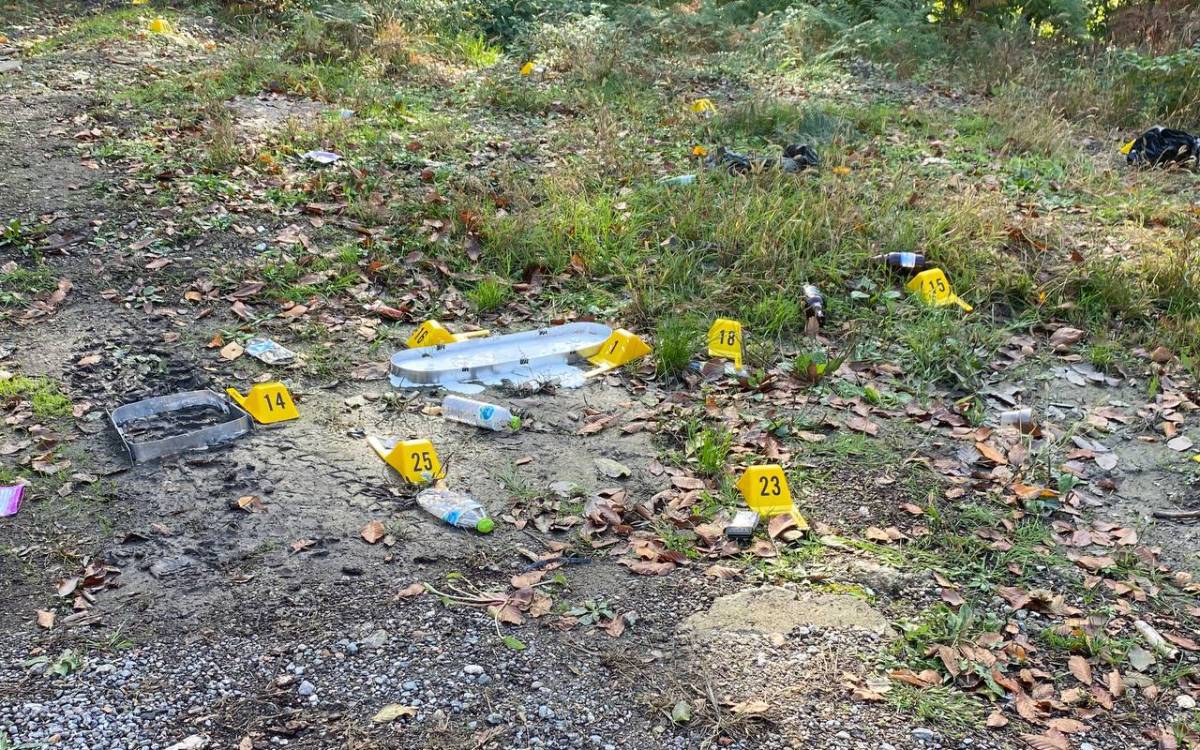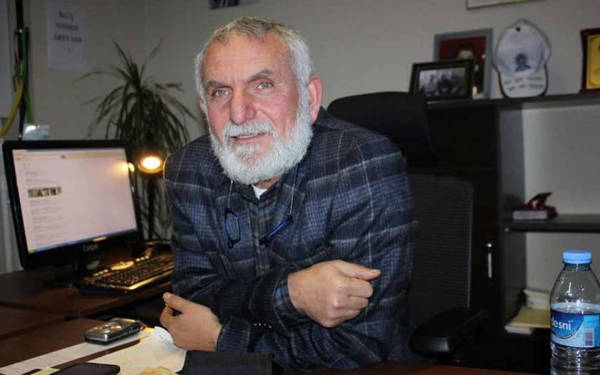Vezir Mohammad Nourtani, an Afghan migrant worker employed in an illegal coal mine in Zonguldak, lost his life in an environment filled with harsh working conditions and human rights violations.
Having migrated from Afghanistan to Iran with his family 25 years ago and then to Turkey from Iran just 5 months ago, Nourtani's body was attempted to be disposed of by burning in a forest in this city.
Nourtani's story is not only an individual loss but also highlights the risks faced by migrant workers employed in illegal mines in Turkey.
We talked to Mustafa Özdemir, who has been practicing journalism in Zonguldak for 28 years, about illegal mines and the working conditions of migrant workers.
According to Özdemir, the owner and editor-in-chief of the Free People's Voice Newspaper, the case of Nourtani is not the first of its kind:
In Zonguldak, there have been cases of individuals caught trying to wash and dress a deceased miner from an illegal mine, making it seem like an alcohol-related incident by giving him raki, and then leaving him near an electricity pole to simulate an electric shock. These individuals faced legal consequences for their actions.
In another instance, despite the miner being trapped in a collapse in an illegal mine, someone passed a truck over the worker and left him by the roadside, portraying the incident as a traffic accident.
Furthermore, there have been cases where individuals were falsely presented as the owners of illegal mines after dying in the mines. The actual perpetrators of these actions escaped without facing any legal consequences.
"Everyone is aware of the illegal mines"
Özdemir states that illegal mines, along with deficiencies in regulations and oversight in Turkey's mining sector, pose an urgent problem for the safety of migrant workers.
Referring to them as a reality in Zonguldak, Özdemir adds a note, saying, "These mines are not actually illegal." He explains, "Illegal refers to something hidden or secret from the knowledge of the state. However, law enforcement, the Zonguldak Governorship, and politicians are well aware of all these mines. They turn a blind eye to it."
There are so many illegal mines and so many people working in them that the state is unwilling to risk the potential economic and social problems that could arise if these mines were shut down. However, illegal mines come into focus when people lose their lives.
During individual instances, when the state wants to shift responsibility away from public officials or in response to complaints, the entrances of these mines are sealed by detonating explosives. However, these bombings are often symbolic.
After a while, the owner of the mine opens a new entrance from the same location or elsewhere and continues production. No one can provide an exact count, but the state has precise information about the number and locations of these mines.
"Only migrant workers work in illegal mines"

Özdemir states that it is estimated that around 2500-3000 migrant workers are employed in licensed mines in Zonguldak. He mentions that the number of workers in illegal mines is estimated to be between 300 and 500.
Highlighting that illegal mines in Zonguldak serve as a source of profit, Özdemir explains that due to this, the city experiences "misuses" and an "incredible exploitation of labor."
After the Soma Massacre in 2014, the wages of workers in licensed mines were raised to the level of two minimum wages. However, for migrant workers, after part of their salary is deposited, their cards are taken away, and the money is withdrawn. This is because in Zonguldak, there is no other employment area available for migrant workers.
Illegal mines cannot find Turkish workers because they pay less than licensed mines. This gap is filled by Afghans.
In illegal mines, there are workers earning more than the minimum wage, as well as those receiving lower salaries, and workers who are beaten with the handle of a coal shovel, intimidated, and sent away without any payment.
Here, when people dig in their backyard, they find coal. When an excavation machine hits the ground during the foundation excavation of any construction in the city center, it encounters coal. There are incredibly rich coal veins underground. Therefore, people can open makeshift, primitive mines anywhere in Zonguldak using primitive methods.
Think of these mines as molehills. They are not even real mines. They dig from 10 to 30 meters, find the vein, and these places are where 3-5 people work. If the vein is rich, 5-6 people may work in two shifts. There are very few illegal mines with 10 workers.
Licensed private companies buy the coal extracted from these mines at a very low cost, legitimize it as their own production, and then sell the coal from these places to intermediaries or the two thermal power plants in Zonguldak without facing any market issues.
We mentioned that the state turns a blind eye to this, but it's not just the state. Even the legal status mines do not raise their voices because they see it as easy profit. Therefore, there is an unjust gain and an exploitation system in Zonguldak.
* On 13 May 2014, blasting at Eynez coal mine in Soma, Manisa, Turkey, caused an underground mine fire, which burned until 15 May. In total, 301 people were killed in what was the worst mine disaster in Turkey's history.
(HA/PE)













